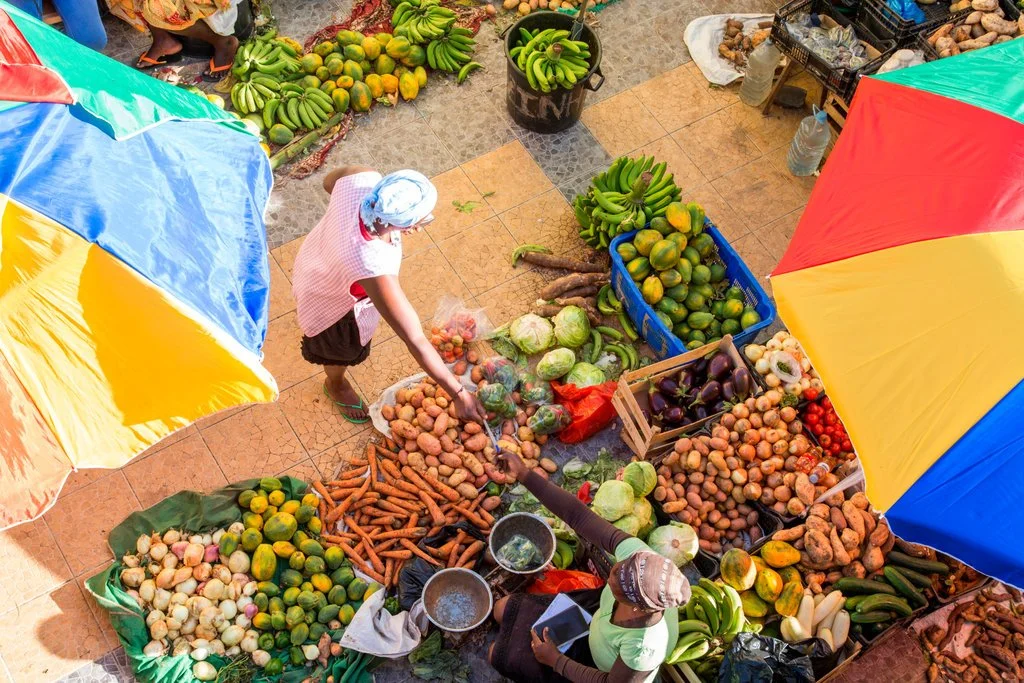What is Localisation really about?
Author: Pamela EA
Adapted from Local Futures
Localisation: The global movement building resilient local economies and communities.
What is localisation really about?
Around the world, localisation is gaining momentum: through local food movements, local business and finance alliances, decentralised renewable energy systems, and the resurgence of local knowledge systems, localisation is reemerging as a vital tool for restoring ecological and human wellbeing.
“When we take action to localise our economies and strengthen our communities, we are helping to bring about a systemic shift in direction – towards cultural and biological diversity, social justice, genuine democracy, and our own health and happiness. It’s time to bring our economies back home, to return to a human scale, to localise.”
Local Futures
As globalisation, in particular economic globalisation, has gained traction as perhaps one of the most dominant world views, localisation can often be dismissed as ‘backwards’, closed-mindedness to our global community, or romanticisation of days gone by. Far from these criticisms, however, localisation has the potential to be a solution-multiplier when addressing many existing environmental and social crises. So, what is localisation really about?
Localisation is about reconnecting.
Localising economic activity gives us the structure to reconnect with the people and land that is around us, to rebuild our deeper connections with nature and ourselves.
Photography by Climate Visuals
Localisation is about bringing the economy back to a human scale.
Prioritising the local production of goods and services not only strengthens the community’s cohesion but also improves the material’s quality all while reducing pollution and deterioration of natural resources.
Localisation is not about ending all trade.
Localisation prioritizes local, regional and national self-reliance to replace the dependence on distant and unaccountable corporations. Through a localised system, communities can still import goods that cannot be produced locally, and export surpluses after local needs are met.
Localisation does not mean total isolation.
Localisation does not mean international relations are cut off, there are still many multinational relationships. Although the majority are cultural, except for a few economic. However, these connections are not relationships of dependency.
Localised economies celebrate the local culture, resources and needs of a community. Yet, this system fosters the free exchange of ideas and knowledge across borders. Localisation requires international cooperation and collaboration to address global issues and develop agreements to scale back the voracious power of global corporations and banks.
Photography by Peter Ada
Shifting from global to local
Top-down policy changes and bottom-up grassroots initiatives are both needed to strengthen local economies and communities.
In addition, strategic restructuring of policies and economic support is needed to strengthen and multiply local grassroots initiatives, to end fossil fuel subsidies, the use of pesticides, mechanised agriculture, and long-distance trade among other aggravating systems. As Naomi Klein said,
“We need a global climate movement to confront these forces, but that movement is strongest when it is made up of many, many smaller local movements… driven by the love of a place, and to protect the land, water and air.”
The well-being that comes from localising, offers resilience at a time of the ecological and societal collapse. By coming together as a community, we are not only supporting one another but are actively creating a better world.
Photography by Friends of the Earth International
Learn more and get involved in the Localisation Movement
Read more on the power of Localisation including an introduction to Economic Globalisation, the power of local initiatives, and more in our topic Localisation.








